The use of cannabis is not entirely banned in the country, as its medical and scientific applications are permitted under the law, the Centre informed the Delhi High Court. On Monday, the court declined to expedite the hearing of a plea seeking to legalize cannabis use for various purposes, including medicinal ones.
A bench led by Justice Rajiv Shakhder denied the early hearing application by the petitioner, Great Legalisation Movement India Trust, which argued that cannabinoids could help counter the effects of Covid-19. "Given the board position, the application can't be entertained at this juncture. We are trying to do whatever is possible," stated the bench, which also included Justice Talwant Singh, to advocate Abhishek Avadhani, representing the petitioner.
The petition, scheduled for further hearing in March, challenges the provisions of the Narcotic Drugs and Psychotropic Substances (NDPS) Act that prohibit cannabis use, arguing the drug has medicinal and industrial benefits. The petitioner seeks directions for the central government to establish rules permitting and regulating the use of cannabis, particularly for medicinal purposes.
In an affidavit filed last year, the Centre urged the court to dismiss the petition with costs, asserting it has adopted a balanced approach to cannabis by allowing State governments to permit, control, and regulate the cultivation, production, manufacture, possession, transport, import inter-state, export inter-state, sale, purchase, consumption, or use of cannabis (excluding charas) for medical, scientific, and industrial purposes.
The central government maintained that the current legal framework regulating cannabis use does not violate Articles 14 (right to equality), 19(1)(g) (freedom of trade), or 21 (right to life) or other fundamental rights guaranteed under the Constitution. "There is no complete ban on cannabis under the NDPS Act, but it can be used for medical, scientific, industrial, and horticultural purposes with the requisite permissions from respective State Governments," stated the affidavit filed by the Director of Narcotics Control, Department of Revenue, Ministry of Finance.
State governments are empowered to license the cultivation of cannabis for industrial and scientific purposes. The affidavit noted that the State of Uttarakhand has allowed the cultivation of hemp for industrial purposes, with hemp-based products available in the market and online.
The Centre also submitted that cannabinoids are not a first-line treatment and warned of the significant risk of cannabis diversion for non-medical use. It highlighted that a survey by the Ministry of Social Justice & Empowerment found cannabis and opioids to be the next most commonly used substances in India after alcohol, with one in eleven cannabis users suffering from dependence.
The Centre further clarified that the NDPS Act distinguishes between various parts of the cannabis plant, such as the fiber, flower, and seed, and does not treat all parts and their derivatives equally. The seeds and leaves, when not accompanied by the tops, are not included in the definition of cannabis. Bhang, an edible preparation of cannabis, is also not controlled under the NDPS Act.
The petitioner seeks to declare the provisions in the NDPS Act and Rules that prohibit and criminalize the use of cannabis as unconstitutional, arguing that they impose unreasonable restrictions on activities related to cannabis. The petitioner trust, registered in Karnataka and leading the movement to decriminalize cannabis use, claims there is no evidence showing cannabis is lethal to humans and emphasizes that cannabis use is legal in several other countries.
Courtesy via : Press Trust of India,
No complete ban on cannabis, medical use allowed: Centre to Delhi HC - India Today
New Delhi,UPDATED: Jan 11, 2022 09:35 IST

1 comment
Great article on India’s stance on medical cannabis! The discussion on the partial ban and its implications is both informative and timely.